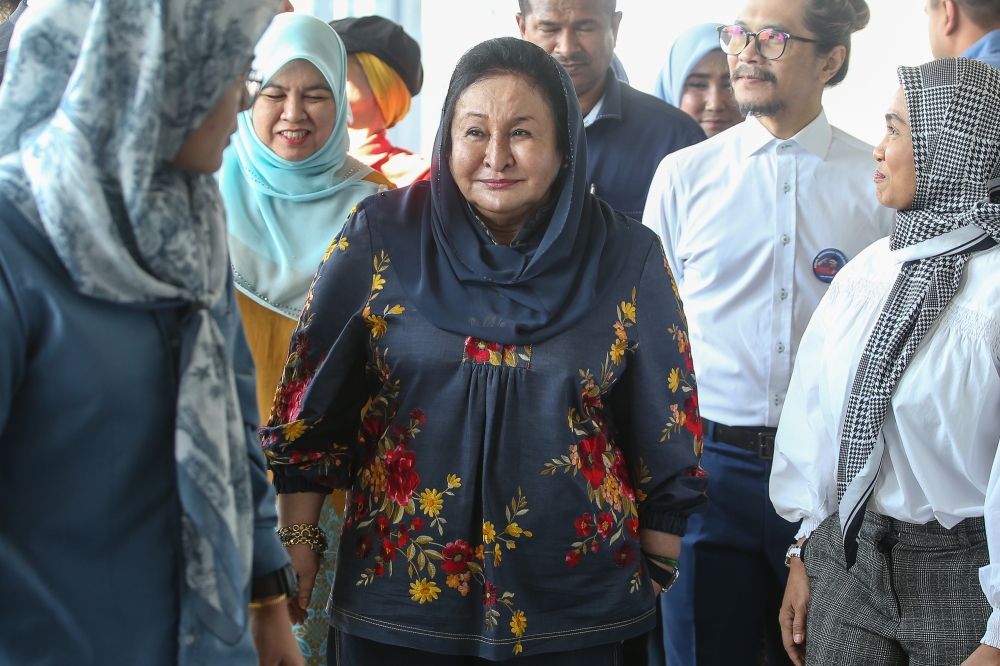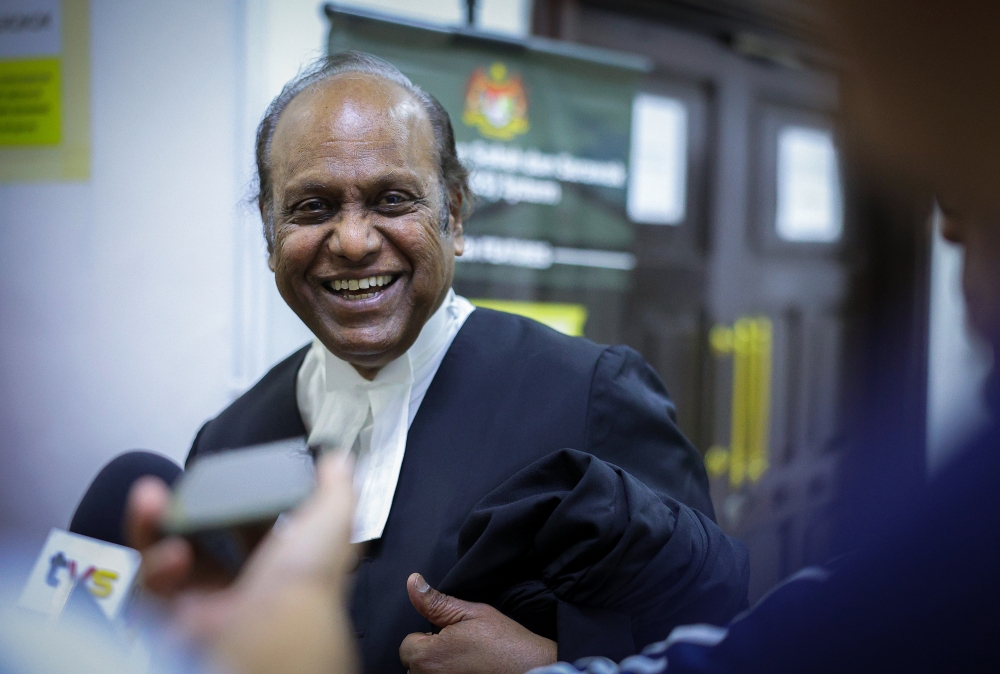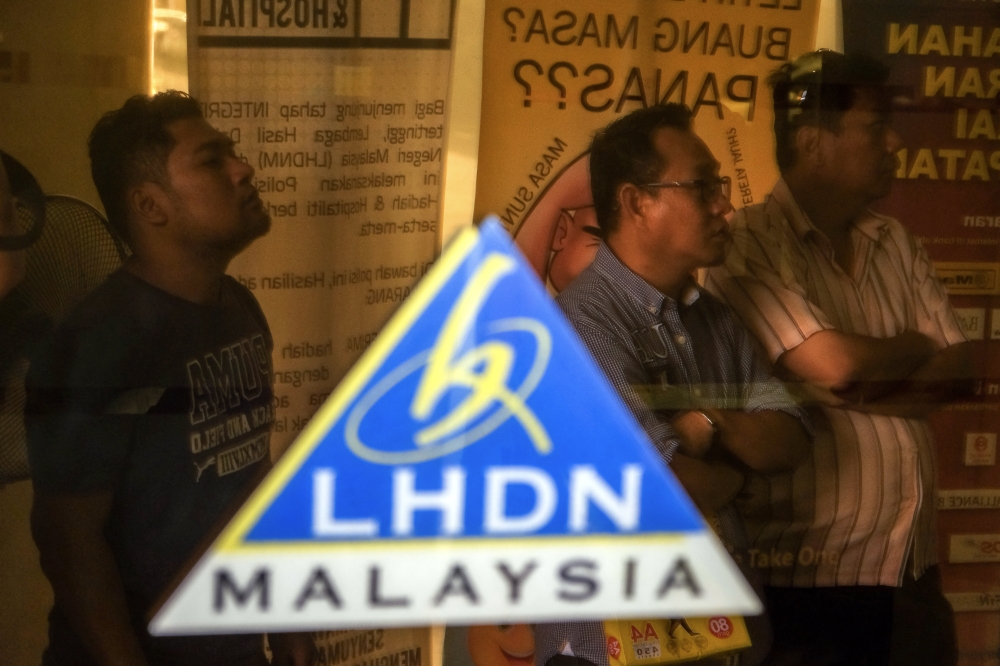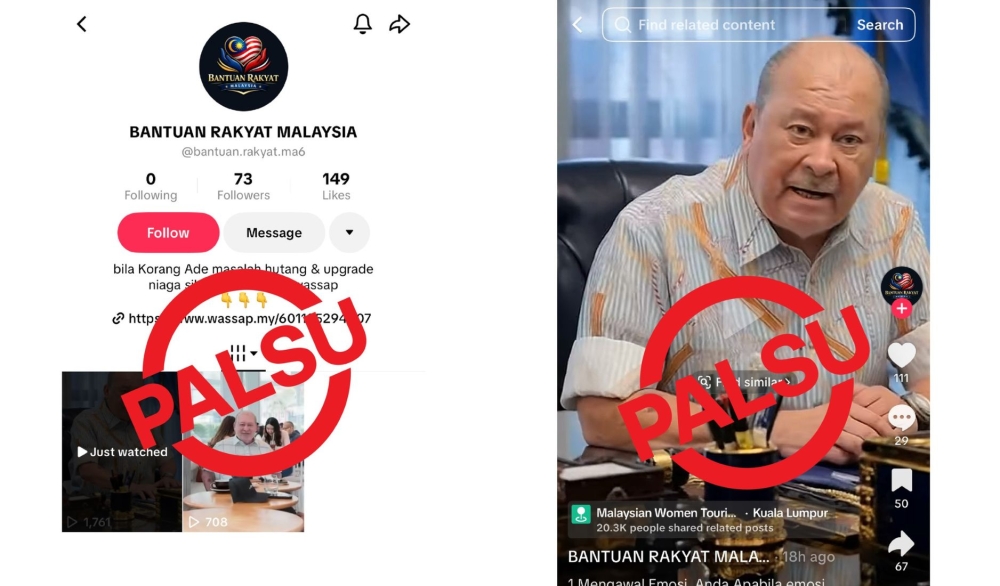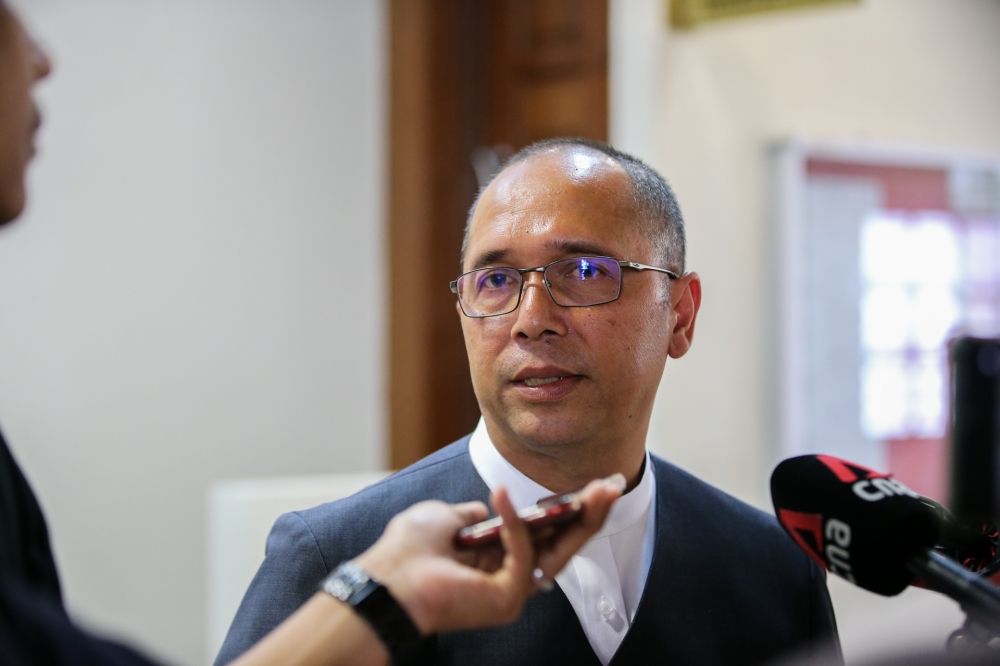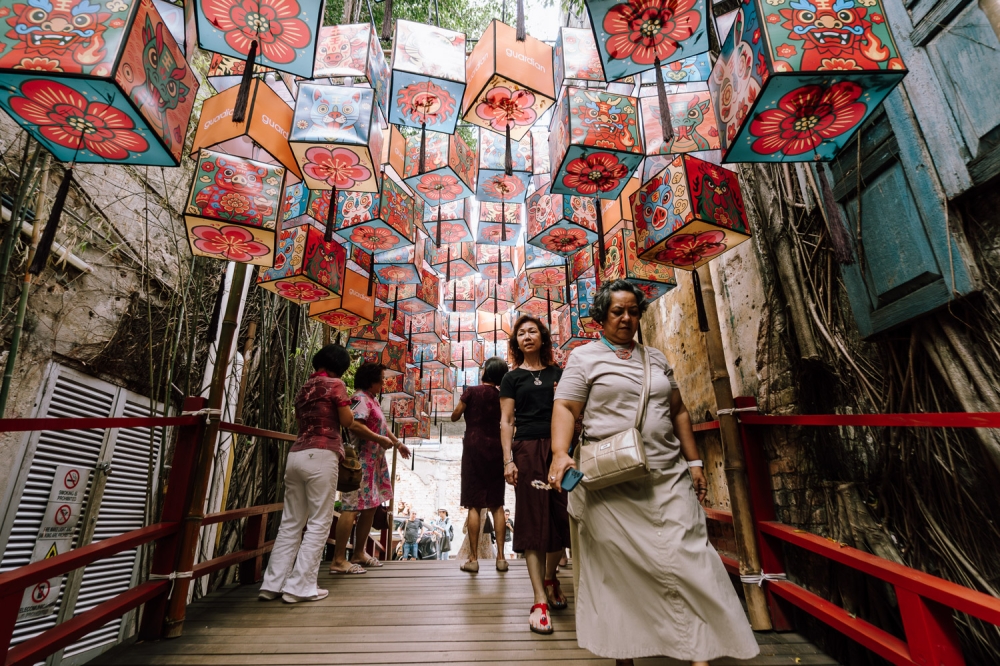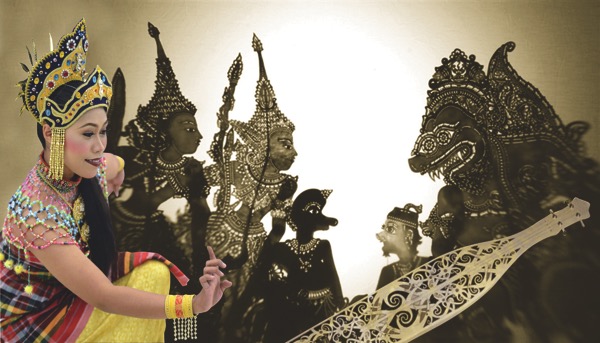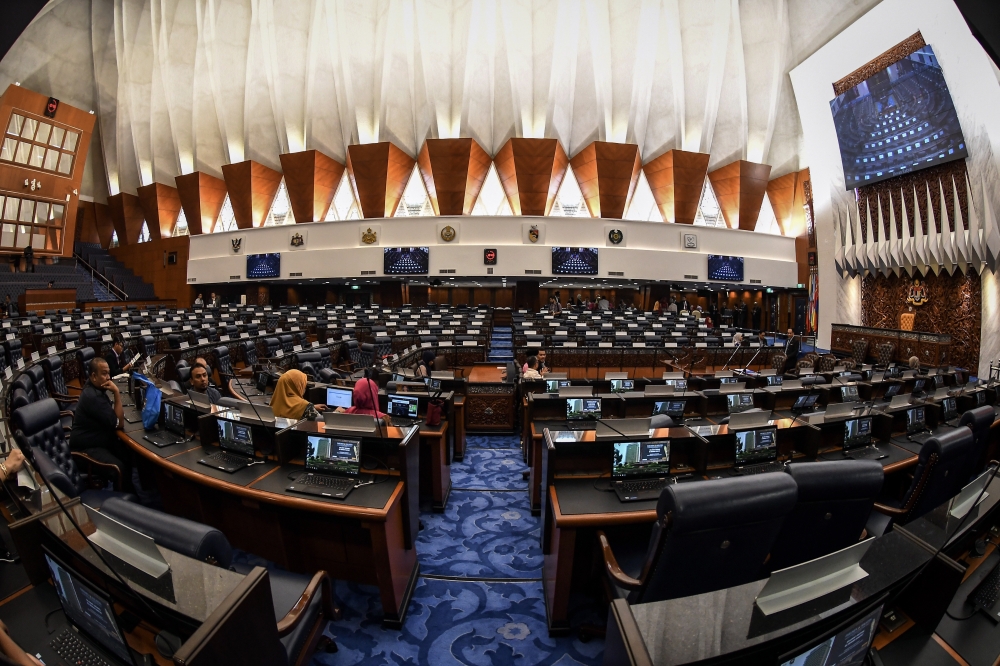KUALA LUMPUR, Sept 21 — The Kelantan state government has been urged to lift its ban on public performances of the ‘Mak Yong’ dance and other traditional artistic Malay art form.
The United Nations (UN) Special Rapporteur in the field of cultural rights, Karima Bennoune said these cultures with rich tradition should instead be celebrated and appreciated as it is one of the oldest performing arts in the world.
She said measures should also be taken to provide better understanding and explanation about the meaning of these practices, and their long history in Malaysia to overcome prejudicial views about them.
“Kelantan has a rich artistic tradition, the restrictions of other traditional art forms like wayang kulit, main puteri and dikir barat must also be lifted. Everybody should be able to enjoy it and people must learn to value and appreciate native cultures that have been around for centuries.
“Simply moving practice of these art forms elsewhere, away from the very region where some of them emerged, is insufficient to guarantee cultural rights,” she told reporters at a special press conference on Malaysia’s cultural rights here, today.
Mak Yong is one of Kelantan’s oldest traditions and recognised as a world heritage by the United Nations Educational, Scientific and Cultural Organisation (Unesco).
The press conference was held to present Bennoune’s preliminary findings from her 11 day visit in Malaysia which ended today, to assess efforts to implement cultural rights and in particular the rights of people to participate in cultural life without discrimination.
Bennoune who is here on the invitation of the Malaysian government, is mandated by the UN Human Rights Council to monitor, review and advise on cultural rights to all countries.
Meanwhile, Bennoune said there was a need to review and clarify the criteria for censorship of books and films and to make the decision-making process more transparent so as to guarantee cultural rights, including freedom of artistic expression in the country.
“Terms like ‘controversial’ or ‘sensitive’ are too subjective to conform to international standards on freedom of expression. In addition, more support should be provided for independent and documentary film producers, including platforms in national media,” she said. — Bernama


